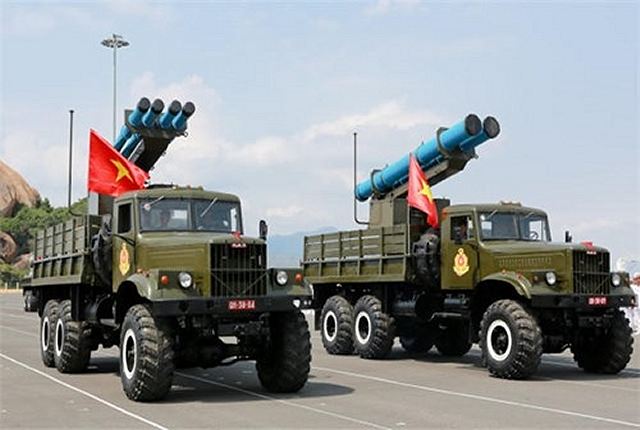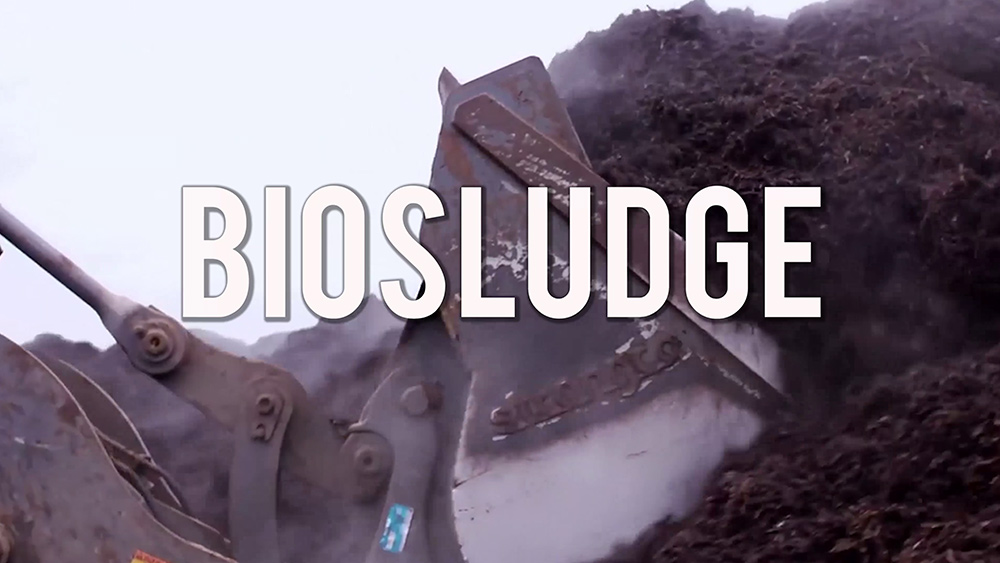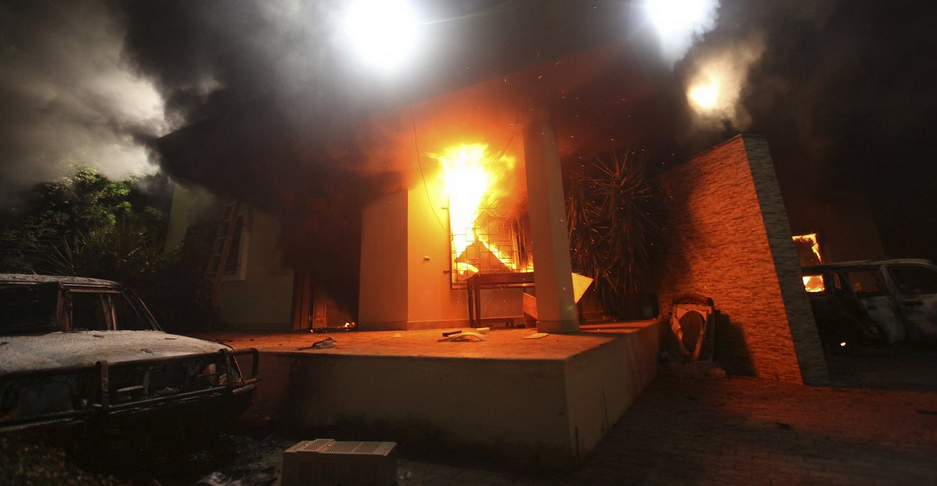Vietnam doesn’t like airing its pollution problem: Live-streaming protest march lands activist in jail — for 14 years
04/09/2019 / By Jhoanna Robinson

A court has sentenced 34-year-old activist and environmental blogger Hoang Duc Binh to 14 years of imprisonment for livestreaming fishermen who are marching to sue Formosa Plastics Group, owner of a $10.6 billion Taiwan-based steel plant for spilling toxins into the ocean.
Binh was found guilty of abusing democratic freedoms to infringe on the interests of the state, organization, and people and opposing officers on duty after a trial on Tuesday, February 6 by the people’s court in Nghe An province, according to attorney Ha Huy Son.
He was given two seven-year prison sentences; one for each conviction. The sentence is one of the toughest in Vietnam’s history to be given to an activist.
In a livestream that was uploaded in February, Binh told the online world that the fishermen were stopped and assaulted by the authorities. Son said that Binh admitted that he made the comments but that he remained firm in his stance that he did not commit a crime since what he said was all true, he decried.
In addition to these allegations, Binh supposedly encouraged the formation of an “independent union” in 2015.
However, the court decided that Binh committed slander against the authorities and that his words were all false. Binh’s fellow activist, Nguyen Nam Phong, was given a two-year imprisonment sentence for opposing officers on duty.
A steel complex owned by the company allegedly released toxins such as cyanide and phenol during a test run in April 2016. It killed tremendous amounts of fish and other creatures along a 200 kilometers (125 miles) stretch of coastline, affecting fishing communities and tourism in four major provinces. The plant owner has paid $500 million in compensation to the affected parties.
Formosa Plastics Group also owns a power plant and a deep sea port in Ha Tinh province. (Related: Living beyond our means: We are burning through the planet’s resources, living an unsustainable way of life.)
Even though the country made economic reforms 30 years earlier that made it more involved in foreign investment, trade and social amendments, the Communist Party state still holds control over major institutions such as the media and tolerates no dissent from its citizens.
As a matter of fact, eight people have already been convicted and imprisoned for going against the state over the past month. In 2017, blogger Nguyen Ngoc Nhu Quynh, who publicly chastised the Vietnamese government for its human rights violations and corruption, was sentenced to 10 years of imprisonment by a Khan Hoa province court after publishing articles that would mar the country’s name.
Due to this, international human rights groups and some Western governments have scolded Vietnam for punishing people who give their opinions. Hanoi, on the other hand, is adamant that only lawbreakers are punished in the state.
“The sentences have been more and more severe, perhaps because of weaker interventions from the outsiders and foreigners, and also because the power holders think this sentence could have deterrence effects,” Son, who has represented a number of activists in the past, said.
For more stories on government interference and unreasonable state involvement, visit Censorship.news.
Sources include:
Tagged Under: Activist, clean water, Communist Party, crime, environment, fishermen, human rights violations, livestream, media, ocean health, resources, state, steel company, toxins, Vietnam



















